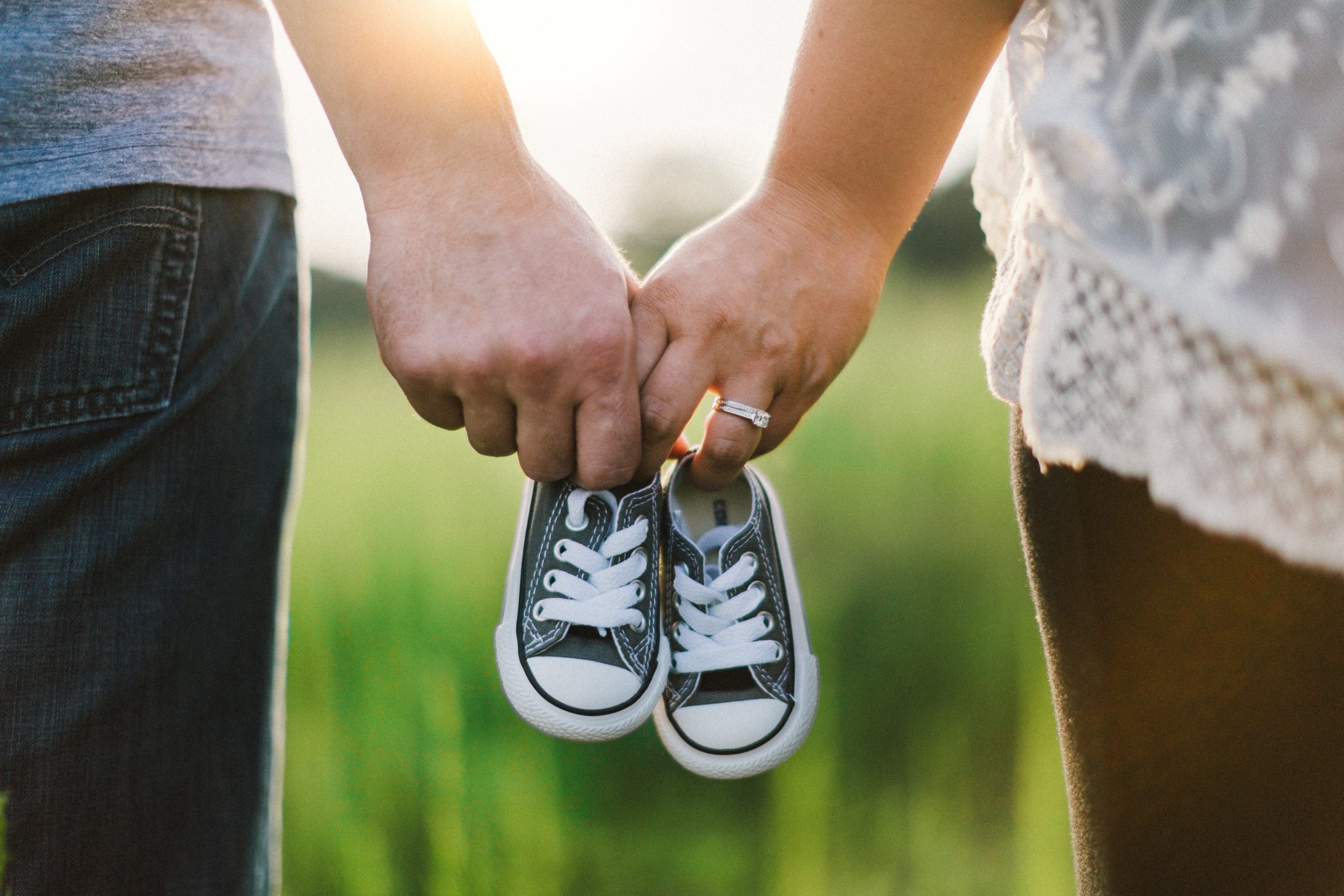
Savannah Hulsey Pointer, FISM News
[elfsight_social_share_buttons id=”1″]
Decreasing numbers of adults in the United States intend to become parents, according to a recently released Pew Research Center study, leading experts to be concerned.
The study indicated that the COVID-19 outbreak is thought to be at least partially responsible for Americans’ hesitancy about parenthood, though climate change and the environment are also listed among the top reasons that adults are leaning away from starting a family.
“Some 44% of non-parents ages 18 to 49 say it is not too or not at all likely that they will have children someday, an increase of 7 percentage points from the 37% who said the same in a 2018 survey. Meanwhile, 74% of adults younger than 50 who are already parents say they are unlikely to have more kids, virtually unchanged since 2018,” Pew reported.
The responses were consistent among parents and non-parents, men and women who are equally likely to say they don’t see themselves having kids (or more kids) in the future, according to the study. Around 85% of adults in their 40s are likely to say they don’t plan to have children, while only about 37% of those younger than 40 are likely to say they don’t plan to have a family.
This trend could be concerning, according to the statistics cited by Futurism on the decreasing birth rates. According to the publication, the American birth rate has seen an increased drop, which comes as a continuation of a years-long downward trend that experts are pointing to as having the potential to become a national crisis.
“The US birth rate already falls short of what’s called the replacement level, or the number of children who would need to be born each year to adequately support and eventually replace older generations reaching retirement age,” Futurism reported, going on to cite University of Southern California demographic trends researcher Dowell Myers who told CBS that it is a “crisis.”
“We need to have enough working-age people to carry the load of these seniors, who deserve their retirement, they deserve all their entitlements, and they’re gonna live out another 30 years,” Myers added. “Nobody in the history of the globe has had so many older people to deal with.”
Researchers had hoped that the COVID-19 pandemic would result in increased birth rates but were “dismayed when the opposite happened.” Myers suggested the “burdens of life,” could be a major reason millennials aren’t looking to start or expand families:
The cost of housing, the cost of education, all these things have become more and more difficult. I think the [baby boomers] themselves don’t realize how much harder it is for millennials today.”
While the Christian community is a little better off than average when it comes to birth rate, according to Religion Unplugged, evangelicals in America aren’t the biggest religious group with increased reproduction rates.
2020 data shows that Mormons are the religious group having the most children with 2.8 children per household with parents from 35-45. Muslims in American hot on their heels at 2.76 children per household of the same age range. Protestants have an average of 2.11 children per young-middle-aged household and Catholic households have an average of 2.1 children at the same time in their lives.
